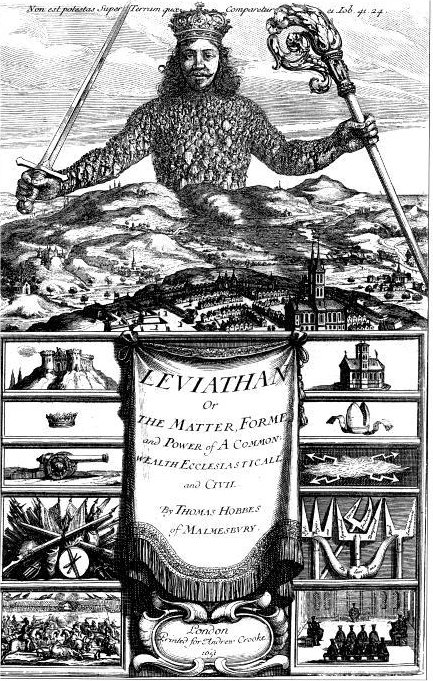Assignment:
- "The Emerging Discipline of Political Economy" by Peter C. Ordeshook, in
Perspectives on Positive Political Economy, edited by James E. Alt and
Kenneth A. Shepsle, New York: Cambridge University Press, 1990.
- "Macropolitical Economy in the Field of Development" by Robert H. Bates, in
Perspectives on Positive Political Economy, edited by James E. Alt and
Kenneth A. Shepsle, New York: Cambridge University Press, 1990.
- Persson and Tabellini, pp. 1 - 17.
Assignment:
- "Rational Choice Theory and Mental Models," by Debra Satz and John Ferejohn, working
paper, Stanford University, March 2000.
- Shepsle and Bonchek, pp. 1 - 81.
- Ordeshook, pp. 1 - 96.
- Persson and Tabellini, pp. 19 - 45.
Assignment:
- Shepsle and Bonchek, pp. 82 - 194.
- Ordeshook, pp. 97 - 202.
- Poole and Rosenthal, pp. 3 - 85.
- Making Votes Count, by Gary W. Cox, pp. 3 - 68,
New York: Cambridge University Press, 1997.
- Persson and Tabellini, pp. 47 - 95.
Assignment:
- "Federalist #10," by James Madison.
- Poole and Rosenthal, pp. 86 - 114.
- Ideology and the Theory of Political Choice, by
Melvin J. Hinich and Michael C. Munger, pp. 1 - 21, Ann Arbor: University
of Michigan Press, 1994.
- "The Nature of Belief Systems in Mass Publics,"
by Philip E. Converse, in Ideology and Discontent, edited by
David E. Apter, New York: Free Press, 1964.
- "A New Approach to the Spatial Theory of Electoral Competition," by
Melvin J. Hinich and Walker Pollard,
American Journal of Political Science, 25:323-341, 1981.
- The True Believer, by Eric Hoffer, New York: HarperPerennial, 1951.
- Persson and Tabellini, pp. 97 - 114.
Assignment:
- Shepsle and Bonchek, pp. 197 - 296.
- Ordeshook, pp. 203 - 242.
- Persson and Tabellini, pp. 117 - 199.
Assignment:
- Poole and Rosenthal, pp. 115 - 232.
- Shepsle and Bonchek, pp. 299 - 460.
- Ordeshook, pp. 243 - 301.
- Persson and Tabellini, pp. 201 - 273.
Assignment:
- Capitalism, Socialism, and Democracy, by Joseph A.
Schumpeter, pp. 61 - 163, New York: Harper & Row, 1942.
- The Rise of the Western World, by Douglass North and
Robert Paul Thomas, New York: Cambridge University Press, 1973.
- The Structure of Scientific Revolutions, by Thomas S.
Kuhn, Chicago: University of Chicago Press, 3rd edition,
1996 (1st edition, 1962).
- From Dawn To Decadence: 1500 to the Present, by
Jacques Barzun, New York: HarperCollins, 2000.
